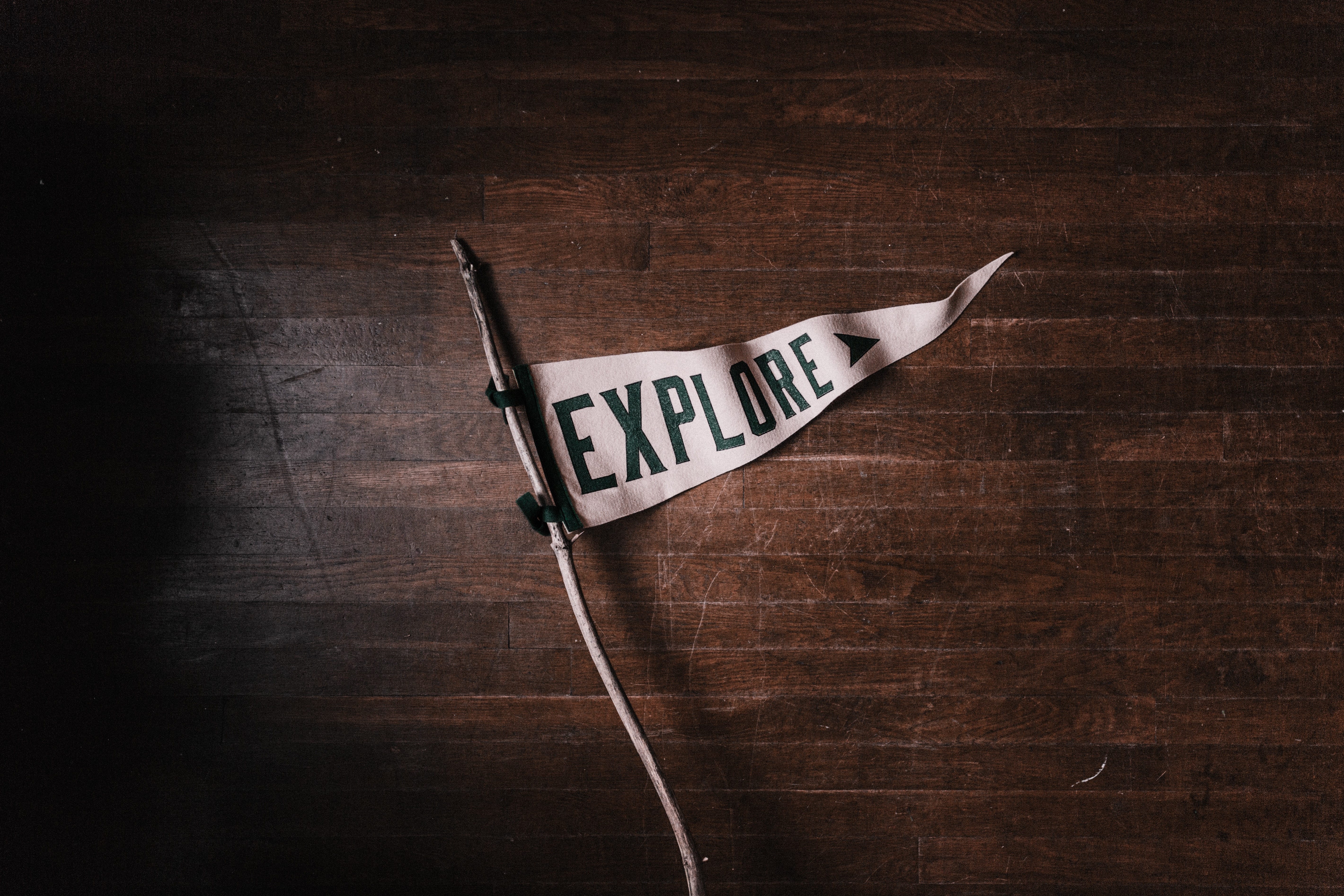This week's best things
Record-breaking classical music audiences, digitisation in museums, how the 2016 Brexit Referendum was won, telescope-inspired art, and Ken.
I stumbled across so many interesting things this week, here is a selection

BBC Proms sees record-breaking figures on iPlayer and BBC Sounds, with 93% capacity audiences
The BBC have released some really interesting (and, for folks who care about classical music, encouraging) data about the Proms (the BBC Proms is an eight-week summer season of daily orchestral classical music concerts, and other events, held annually).
A few stats that jumped out at me:
- Nearly half (47%) of audiences at the Royal Albert Hall were attending a Prom for the first time
- Average main evening attendance at the Hall was 93%, building on 85% in 2019
- A record-breaking season online, with more than double the number of signed-in accounts accessing BBC Proms content on iPlayer and BBC Sounds compared to last year
In related BBC/iPlayer news, sports presenter, Gary Linekar, tweeted a screenshot of (probably meant not meant for public consumption!) iPlayer view data. Striking to see the ‘avg % consumed’ figures in particular.
In practice: Space Popular on digitisation in museums
This article by Lara Lesmes and Fredrik Hellberg in The Architectural Review is interesting.
It’s less (as the headline suggests) about digitisation in museums, and more a discussion of their own work with some consideration of the various ways in which technology has been used as a ‘layer’ to mediate and facilitate intercations between visitors, objects, and their stories.
“Among the earliest versions of the audio guide, for example, was a type developed by Willem Sandberg for the Stedelijk Museum in Amsterdam during the 1950s, which delivered guided tours in total synchronicity to visitors via short‑wave radio broadcast”
Digital Politics 1: First, they break you down
Rachel Coldicutt is always worth reading, and she has now started a Substack of her own, Just Enough Internet.
The first post is the start of a three-part series that will be “an exploration of the role social media and data have played in shaping the UK Culture Wars.”
I think this is interesting for anyone working in digital comms, and is an thoughtful reflection on the role of digital tools and platforms in the 2016 Brexit referendum, Trump’s presidential election success, and the implications for upcoming elections.
“From what I can tell, the thing that made the difference wasn’t cutting-edge data science or physicists or machine learning, it was running the show like a solid marketing campaign from c.2010.”
Looking for art in the James Webb telescope
This New Yorker article from Matthew Hutson, is initially concerned with a show from Artechouse (“an organization producing immersive, technology-based art”), titled “Beyond the Light,” a “looping twenty-six-minute journey through space and other realms” inspired by images from the James Webb Space Telescope.
However it then moves to a broader examination of the artistic activity that has been inspired by the images captured by the JWST, and the stars more generally, as well as a look at the many examples of NASA inviting artistic responses to the work they do.
I’m just Ken, and I’m enough, and I’m great at doing stuff
I really enjoyed, Barbie and have listened to this brilliant Ryan Gosling song most weeks since then.
If you’ve seen something interesting, stick it in the comments! The algorithms are invading our lives, but the best stuff is still discovered and shared through word of mouth.